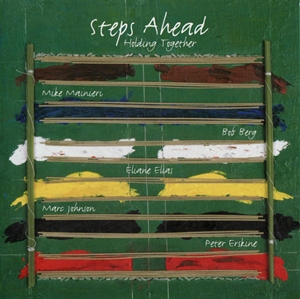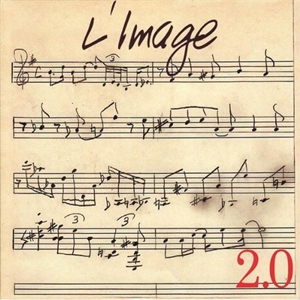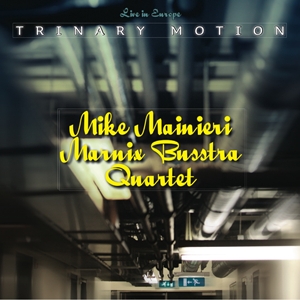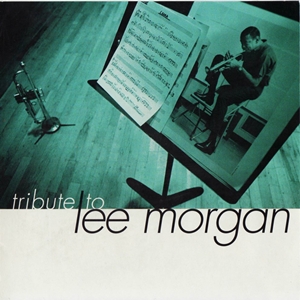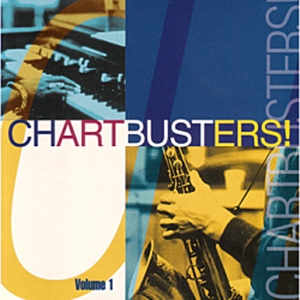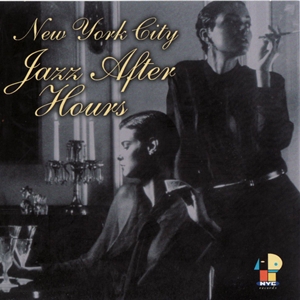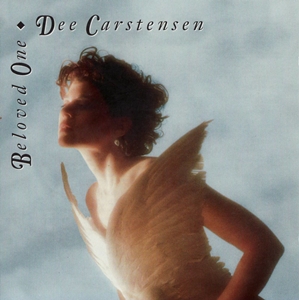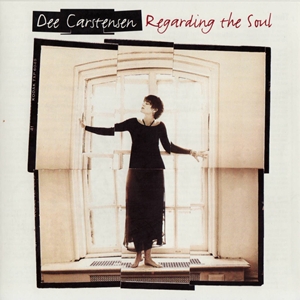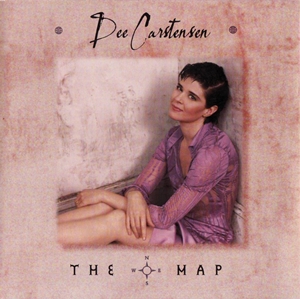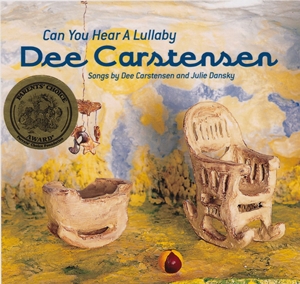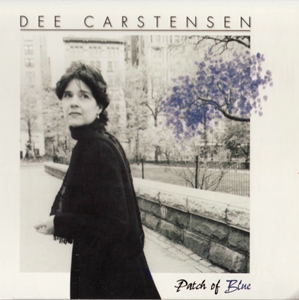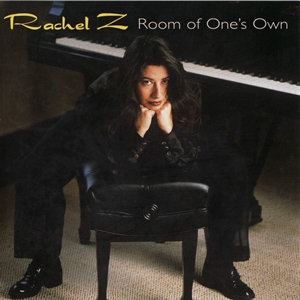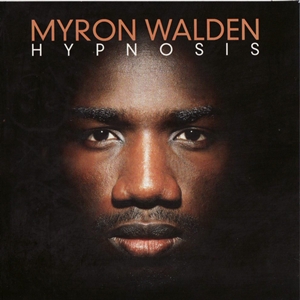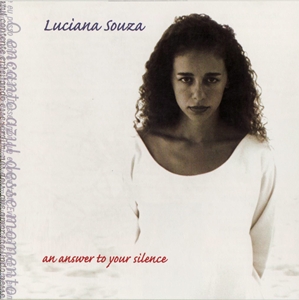Information
leucasia
PURCHASE
Download at iTunes >
Download at Amazon >
Purchase Physical CD at Amazon >
George Garzone: Tenor Saxophone
Mike Mainieri: Vibraphone, Marimba, Percussion
Umberto Papadia: Vocals, Tammorra, Nacchere (castanets), Percussion
Barbara Eramo: Vocals (1, 4, 10, 11)
Paolo Innarella: Soprano Saxophone, Flute, Ottavino, Ciaramelle
Stefano Micarelli: Acoustic Guitar, Electric Guitar
Marco Omicini: Keyboards
Pino Sallusti: Acoustic Bass
Marco Ariano: Drums, Percussion
Iginio De Luca: Percussion, Vocals
Fiore Benigni: Organetto
Paolo Vinaccia: Percussion (6)
The formation of the group Leucasia was the result of a culmination of factors that led to the release of this recording. In my case, I’d have to journey back to my memories of Italian folk songs blaring from phonograph records that wafted through windows and doors into the streets of the Tremont section of the Bronx, New York in the 1940s. In my particular household, the sounds that emanated from our radio and phonograph were those of jazz artists from the 1920s to the 1940s. Just as impressionable to me when I was a child were the sights and sounds of traditional Italian folk music and the dances performed at feasts, weddings, and funerals, combined with the tales of mythological heroes and heroines that were infused into my consciousness.
Not until the 1960s, when I began a professional career as a touring jazz musician, did I have the opportunity to hear the music from different regions of southern Italy first hand. Fast-forward 40 years to 2002, and with the help of my friend, George Garzone, who introduced me to Italian composer, pianist, promoter, and historian, Marco Ominici, did the seeds of this project begin to culminate and grow into the formation of our group, Leucasia.
At Marco’s suggestion, the group’s name, Leucasia, comes from an Italian legend. Leucasia is known as a siren that seduced sailors passing between the Ionian and Adriatic seas with her seductive songs and beautiful voice. Sailors, upon hearing the siren, immediately fell into her trance, only to be devoured one by one. Story has it that Leucasia tried to seduce Melisso, a young sailor who lived on the coast, but he rebuked her advances because of his devotion to his true love from the village. In a rage, Leucasia killed the two young lovers and then, in a moment of remorse, locked herself inside her castle in the sea and committed suicide. This sad tale emanates from the tales of Homer and the Greek legacy of literature.
Leucasia comes from the Greek word “leucos,” meaning white. In the coastal area where Leucasia lived, there exists today the town of Santa Maria di Leuca, with white houses and structures, a name that mixes the sacred and the profane.



